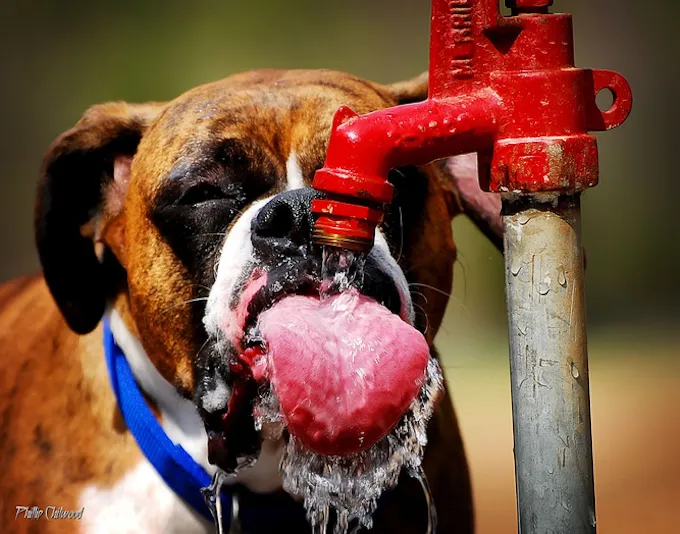Excess chloride in the blood in dogs happens when too much chloride is present in the blood. Chloride is an electrolyte that helps run a dog’s metabolism.
The condition can cause a range of symptoms. Dehydration, kidney disease, and weight loss are all common.
Technically, the condition is also known by the medical term hyperchloremia.
If you see the signs of excess chloride in the blood in your dog, then get to a veterinarian for a proper diagnosis and treatment.
Here’s what you should know about the symptoms, causes, and treatments for the condition.
Symptoms of Excess Chloride in the Blood in Dogs
The condition produces a range of symptoms. For example, common symptoms include:
- Acting lethargic
- Drinking more water than usual
- Losing weight
- Vomiting
- Seizures
Causes of Excess Chloride in the Blood in Dogs

There are a surprisingly large number of causes of the condition. For instance, some of the most common include:
- Dehydration
- Diarrhea
- Vomiting
- Cushing’s disease
- Kidney issues
- Being given too much sodium chloride in hospital
- Some anti-inflammatory drugs
- Loosing too much water after peeing too frequently
- Fever
Treatments for Excess Chloride in the Blood in Dogs
Firstly, your vet will ask about your dog’s symptoms and medical history. Secondly, your vet will carry out a full physical examination of your dog. Thirdly, blood and urine tests will be taken.
The subsequent results of these tests can show high levels of chloride. Additionally, they might indicate that there are kidney and diabetes issues.
Ultimately, treatment for the condition involves two steps. First, the body fluid balance of your dog will be restored. Intravenous fluids can be used for this.
Secondly, the underlying cause of the condition will be treated. In many cases, this will involve treating diabetes.
Thankfully, recovering from the condition is usually good. Just make sure your dog has a quiet and calm space at home to recover in.
Have you ever cared for a dog who suffered from this condition? How did your vet help your dog recover? Let us know in the comments section below.









